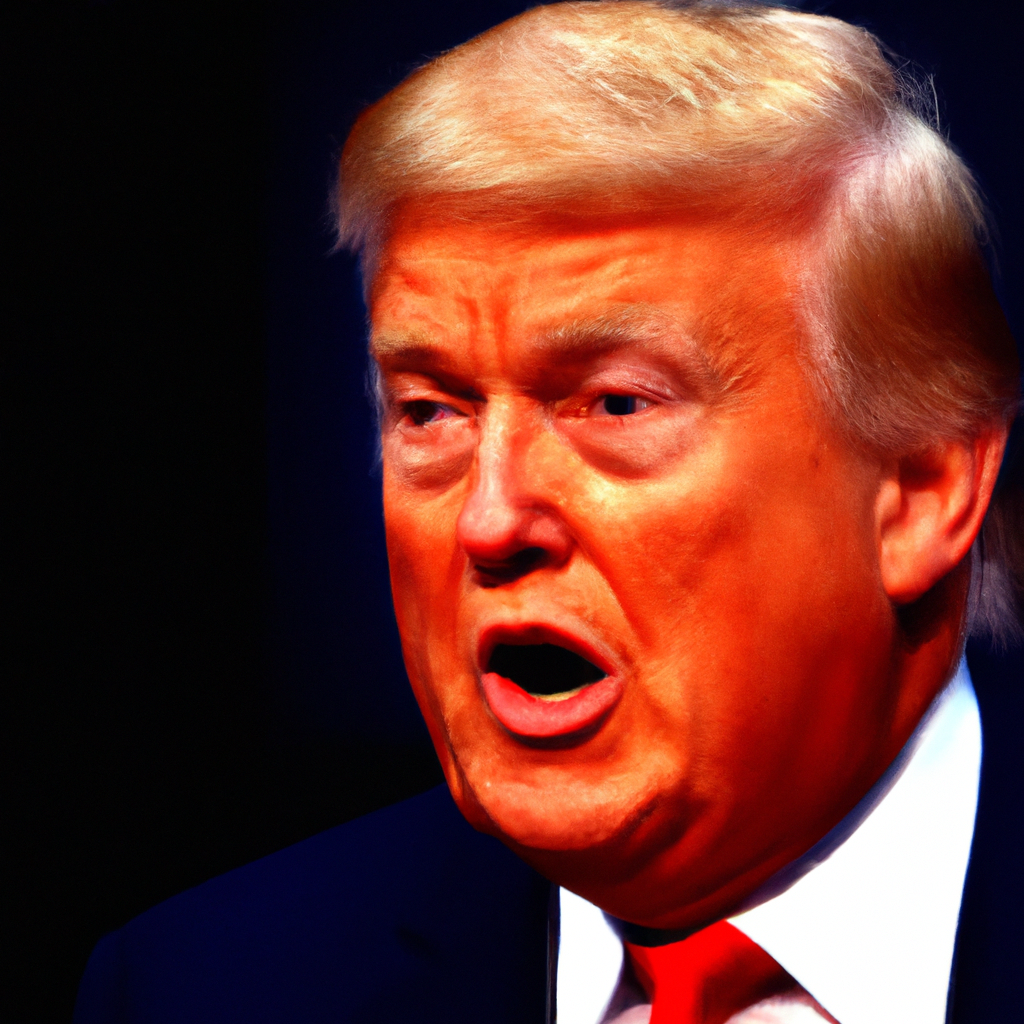Read in your native language
english german italian french spanish mandarin arabic portuguese russian japaneseAnalysis of Political Dynamics in the U.S. and Big Tech's Role
The current political climate in the United States is heavily influenced by the enormous power wielded by Big Tech and its leaders. With another presidential election looming, influential figures from Silicon Valley have publicly showcased their backing for Donald Trump and his vice president candidate, Senator J.D. Vance. Political science professor Jared Clemons argues that understanding the motivations behind these relationships can reveal significant insights into both political strategies and economic dynamics.
Involved Perspectives
- Big Tech CEOs and Investors: Individuals like Elon Musk and Peter Thiel are modern titans of industry who can manipulate public resources and policies to match their interests.
- Political Figures: Members of the Republican Party, notably Donald Trump, leverage financial backing from Big Tech to bolster their political campaigns.
- Common Citizens: Average Americans often find themselves affected by these powerful interactions but may struggle to understand their implications.
- Political Analysts: Academics like Jared Clemons seek to decipher and explain the shifting power dynamics between wealth and political governance.
Benefits, Risks, and Losses
Big Tech CEOs and Investors
Benefits: Control over significant political narratives and economic policies that can lead to favorable regulations.
Risks: Potential backlash from consumers and citizens who may perceive their influence as manipulative or corrupt.
Losses: Loss of public trust and scrutiny from regulatory bodies as their ties to politics become more visible.
Political Figures
Benefits: Enhanced financial support for campaigns and policy initiatives.
Risks: Increased scrutiny from opposing parties and media, leading to allegations of corruption or excessive influence.
Losses: Reputation harm if associations with wealthy donors or companies lead to public outcry.
Common Citizens
Benefits: Potential economic advantages if policies favor wealth redistribution or social programs.
Risks: Limited power to influence decision-making in a system heavily controlled by wealthy entities.
Losses: Possible exacerbation of social inequalities as the political system favors corporate interests.
Political Analysts
Benefits: Opportunities to contribute to important discussions regarding governance and civic responsibility.
Risks: Facing backlash for challenging conventional political wisdom or for perceived bias.
Losses: Risk of alienation from both sides of the political spectrum if viewed as too analytical or detached.
Relevancy Meter
This issue retains a high relevance, especially given that the dynamics between wealth and politics have significantly evolved over the past few decades, but remain vital to the discussions today. A historical continuum shows discernible patterns, linking back to economic policies initiated both in the present and past. However, differing interpretations may create a disconnect among generations.
Infographic Representation
Political Influence Flowchart:
- Big Tech ➔ Campaign Contributions ➔ Policy Influence
- Political Figures ➔ Public Support ➔ Election Outcomes
- Common Citizens ➔ Voting Impact ➔ Civic Engagement
Evolving Political Landscape Timeline:
1980s ➔ Rise of Corporations ➔ Turn of the Millennium ➔ Silicon Valley Dominance ➔ Current Influences
In summary, the intersection of wealth, politics, and social media dictates not only current electoral strategies but also shapes American governance. Understanding these complexities is essential as society navigates the consequences of this interplay.
Keywords: Big Tech, Silicon Valley, Donald Trump, Senator J.D. Vance, Jared Clemons, Campaign Contributions, Policy Influence, Election Outcomes, Common Citizens, Political Figures.
Author: Andrej Dimov
Published on: 2024-07-26 18:16:45



